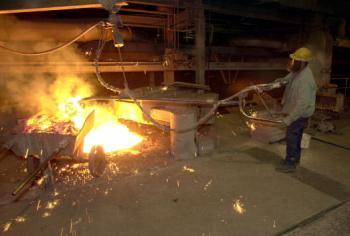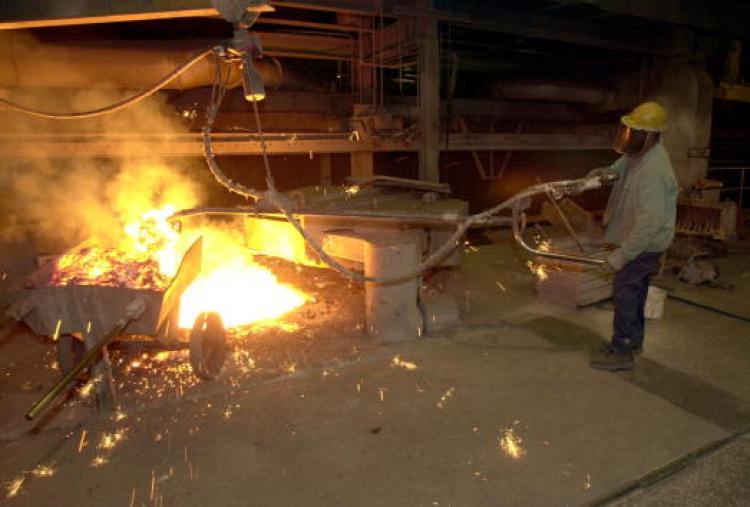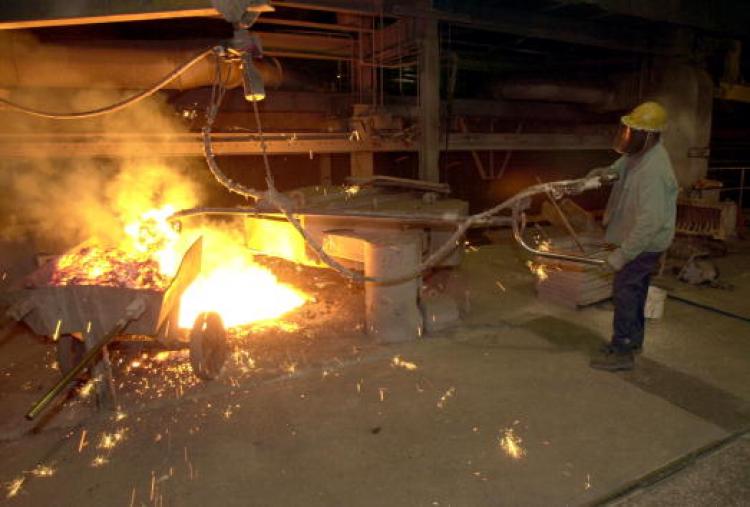Australia has agreements with ASEAN countries and New Zealand, the United States, Chile, Thailand and Singapore, and is exploring new FTAs with Japan , Korea, China, Malaysia, Indonesia, India and the Gulf Co-operation members.
The Department of Foreign Affairs and Trade has reported data for the past six years showing that our merchandise trade deficit on current account with our FTA partners is $127.5 billion and rises to more than $150 billion when consequential interest expense is added.
These rising trade deficits are adding to our unsustainable runaway foreign debt of $638 billion.
It Gets Worse
Negotiations have begun in Melbourne for a Trans-Pacific Partnership Agreement (TPPA), designed to replace several agreements with an agreement embracing Australia, the US, New Zealand, Chile, Singapore, Brunei, Peru and Vietnam.
“The new trade agreements are undemocratic, writes Kenneth Davidson in The Age headlined Democracy a loser in trade free-for-all:
“The negotiations are conducted in secret and the agreements are structured in a way that will make it virtually impossible for future governments to rescind agreements that are found to be unpopular.
“[This] is the aim of shifting the decision-making process from one-person, one-vote democratic formula to the one-dollar, one-vote formula.” he said.
As the Australian Fair Trade and Investment Network—representing a wide range of trade union, church, health environment and pensioner groups—points out, US business wants to dismantle the Pharmaceutical Benefits Scheme, local content rules for the media, labelling of GE food, regulation of foreign investment and government purchasing policies that support local employment ... The US wants an investor complaints process that will give special rights to multinational corporations to sue governments for damages if legislation to protect human health or the environment undermines profitability.
Why all these issues are on the table for negotiation appears to be a secret. Should this TPPA be ratified, Federal Cabinet is expected to sign off on an agreement and present it to Parliament as a done deal, leaving our people right out of the picture.
On a more sober note, a senior trade union leader has told The Epoch Times that our democracy has to be transparent to be seen to work.
The assistant secretary of the Victorian Trades Hall Council, David Cragg, explains: “The TPPA is the last gasp of unsophisticated “free market” ideological faith. Sensible trade negotiations are specific, fixed and limited in their scope. You understand what you’re bargaining about and continuous review and reappraisal is built into the process.
“That trade agreements for Australia are developed in closed discussions with limited public scrutiny by people, politicians and public servants who, in no personal sense, bear any cost or consequence from the results of their work is disappointing. It is an affront to any normal understanding on what democracy means.”
After complaints from American workers that their jobs were being shipped to Mexico, US President Obama has promised to review the North American Free Trade Agreement between the US, Canada and Mexico. He wants to be sure that any bilateral free trade agreements are in America’s interests, writes Martin Feil, a tax and industry policy consultant and a former director of the Industries Assistance Commission in his new book The Failure of Free Market Economics.
The US Congress is using “Buy American” legislation to protect its steel industry, putting at risk Australia’s steel exports worth half a billion dollars under the US-Australia Free Trade Agreement (USAFTA), where our merchandise trade deficit has increased to $15.36 billion a year.
Martin Feil says that a decision of the NSW Government to award preference to Australian suppliers was changed by our Federal Government after the US complained of a breach of the USAFTA. Canberra feared retaliation.
No country is going to start a trade war with Australia because it is too good a market for that.
In fact, the Button plans of the 1980s created protective quotas that decimated foreign imports of cars and textiles, clothing and footwear. No one retaliated.
Australia’s nine governments should prefer and protect our industries as is the norm in the US and other advanced countries.
Martin Feil says that the so-called free trade agreements that Australia has entered into are demonstrably unfavourable to our interests and that we should terminate them.




